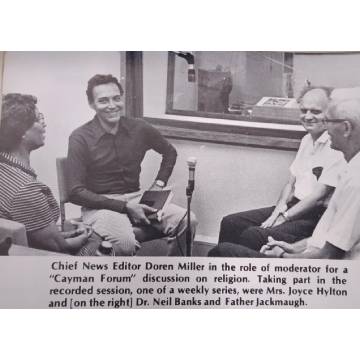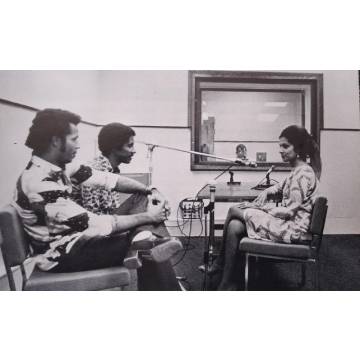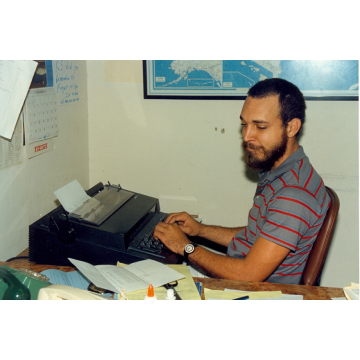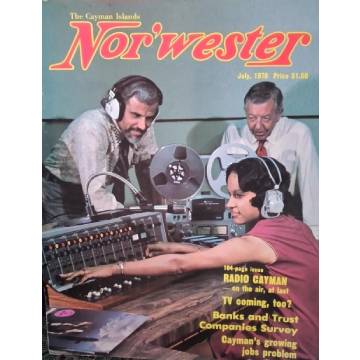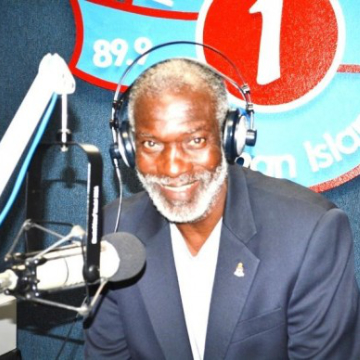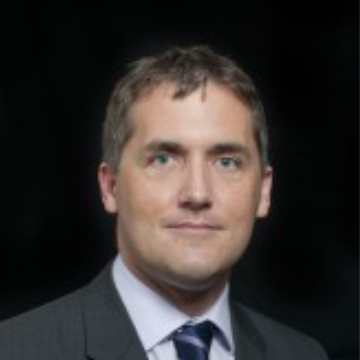News
Inmates Receive Career Advice

Members of public and private sector groups visited inmates at Northward Prison Chapel on Wednesday (31st July) to give talks and answer questions about gaining qualifications and re-entering the workforce.
Ahead of the presentations, the Director of HMCIPS, Steven Barrett, gave an opening address during which he talked about the importance of stable employment as a factor in supporting the transition from prison to the community and as a key enabler for re-engaging those released from prison with our communities.
“Being employed is known to be a factor in reducing reoffending for both men and women however there is also evidence that the stability and quality of work, are important factors,” Mr. Barrett told a full chapel of inmates eager to hear the careers presentation.
“Work, when it is stable, is an enabler in helping to form those special social bonds that supports future desistence from crime,” he continued.
The morning’s talks came from a number of stakeholders from Government agencies and local business leaders, all willing to offer their expertise and encouragement to inmates motivated towards making a fresh start.
Alfred McLeod, Correctional Counsellor from HMCIPS and Michael Myles from Inspire Cayman both gave details of the range of qualifications inmates had access to as part of the rehabilitation programme offered at the prison.
These qualifications are recognised worldwide and available to all inmates, regardless of their sentence.
Katherine Whittaker, Head of Labour Demands at the Workforce Opportunities & Residency Cayman agency shared insights with inmates into the career areas with the highest workforce demand on the island (banking, legal, technology and healthcare).
Milly Serpell, Founding Partnership and Director at Stepping Stones Recruitment went on to speak of their work readiness training which teaches inmates practical skills such as writing a CV, performing well at interviews and general work ethic.
All presentations were very well received by those in attendance. Inmates were then offered the opportunity to ask the panellists questions or for advice about their own individual circumstances.
Many took up this opportunity, asking the panellists questions such as what support and guidance was available for them to start their own business or how they can patent an invention.


